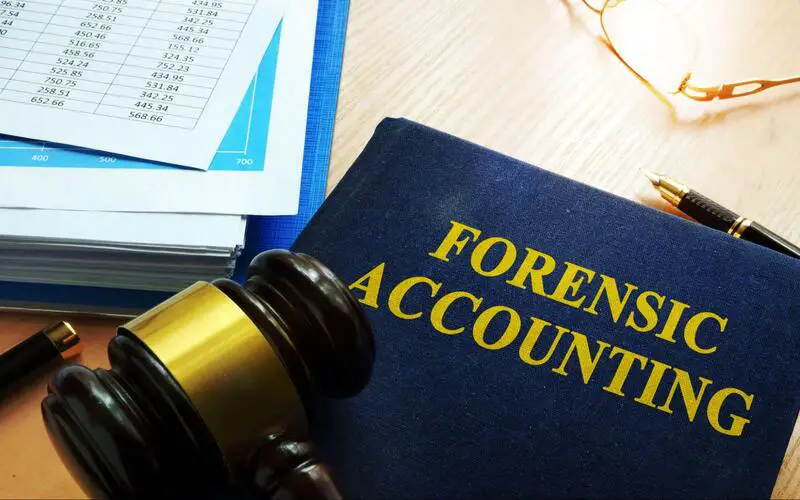What Exactly Is Forensic Accounting?
Forensic accountants use their abilities in accounting, auditing, and investigation to analyze the finances of individuals or businesses. CPAs in forensic accounting gather evidence of crimes for insurance companies, financial institutions, and law enforcement authorities.
Forensic accountants evaluate financial records, account for legal evidence, and testify as expert witnesses. They may explain financial crimes like fraud and embezzlement in court.
Become a forensic accountant.
Forensic accountants understand and summarize complicated financial data. They gather financial data, create software to handle it, and deliver results.
Accountants perform activities such as tracking monies, identifying assets, recovering them, and conducting due diligence evaluations. Due to their extensive legal experience and knowledge of the judicial system, forensic accountants may also train in alternative dispute resolution (ADR).
Support for litigation
Forensic accounting is used in litigation to quantify damages. Settlements or court rulings on compensation or benefit issues are based on forensic accounting findings. If the dispute goes to court, the forensic accountant may testify.
Crime Investigation
Forensic accountants determine if a crime happened and criminal intent. Possible crimes include employee theft, securities fraud, financial statement fabrication, identity theft, and insurance fraud.
The Ponzi scheme of Bernie Madoff is now known, thanks to forensic accountants who analyzed it for the court case. Forensic accountants analyze hidden assets, contract violations, torts, corporate acquisition issues, warranty breaches, and business valuation disputes in divorce proceedings.
Construction claims, taking property without permission, product liability, trademark or patent infringements, and the effects of nondisclosure or non-compete agreements on the economy are all things that forensic accounting can look into.
The Insurance Industry
Insurance companies frequently utilize this accounting system. A forensic accountant can assess economic losses from motor vehicle accidents, medical misconduct, and other claims. An issue with using this accounting instead of an adjuster technique for insurance claims is that it focuses on past data and may overlook current information that alters claim assumptions.
Conclusion
- Forensic accountants employ accounting and investigation to uncover financial wrongdoing.
- Courts hear forensic accountants explain financial crimes.
- Forensic accountants’ duties include due diligence assessments, money tracking, and asset recovery.
- Insurance companies utilize this accounting system to prove claims for damages.












































